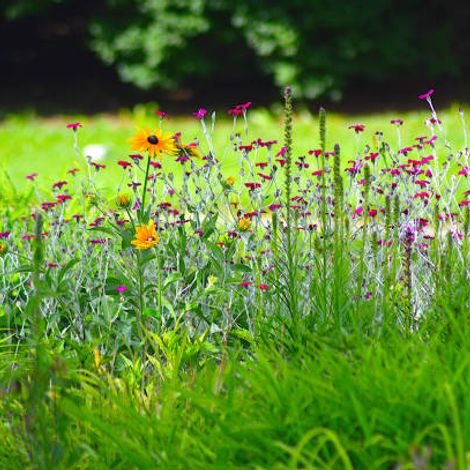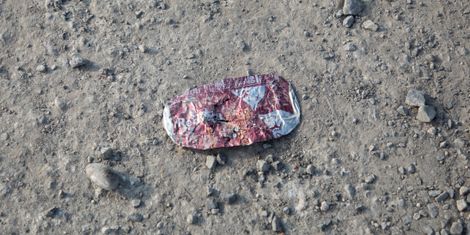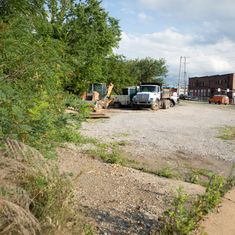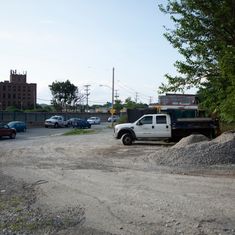HAP Hive




Throughout the Pittsburgh region, you can find community gardens that serve as social, food, and educational hubs. Pollinators keep these spaces buzzing, literally and figuratively. However, not every area in Pittsburgh has the resources to create a green space or pollinator garden.
Based on similar and effective programs around the globe, Humane Action Pittsburgh’s HAP Hive aims to combat the ever-declining bee population through a three pronged approach:
1.) Work with the City of Pittsburgh to eliminate the use of chemical pesticides
2.) Replace ornamental flowers with native plants where possible
3.) Install “bee hotels” to encourage settlement and increase the bee population throughout Western PA where natural habitats have been destroyed.
HAP Hive was created out of concern for bees and other pollinator species. Their numbers have continued to decline dramatically the past few years. They play a vital role in our ecosystem by helping plants survive and prosper. This directly impacts our food systems as plants produce one-third of our food supply, one-half of the world’s oils and fibers, and other raw materials.
Humane Action Pittsburgh (HAP) plans to partner with Swissvale, a borough in Allegheny County, to build a green space in a vacant lot. Part of that green space, a pollinator garden, will include native plants and food sources for pollinators, a food forest–which is the planting of edible plants to copy ecosystems and patterns found in nature–a clover lawn and outdoor lighting.
The space would offer educational opportunities to host classes or community events. After this green space is installed in Swissvale, HAP plans to expand this initiative throughout Allegheny County.